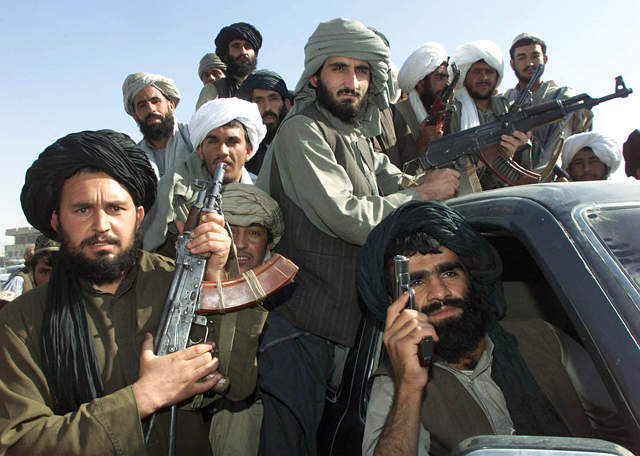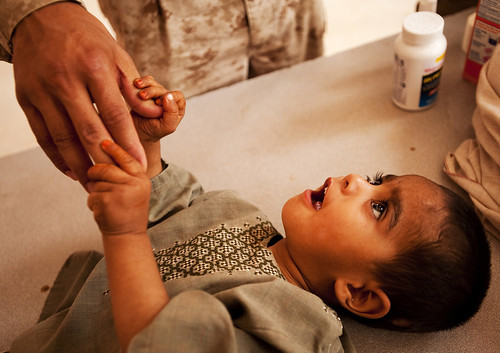The horrible execution style murder of 10 medical personnel in a previously-safer area in Northern Afghanistan dealt a big blow to the overall medical mission in Afghanistan. Surely, I can fully understand if civilian humanitarian health care providers now feel unsafe to carry out their mission if they cannot be guaranteed protection from the insurgency.
This tragic murder was the worst assault on foreign Christians since the 2007 kidnapping of 23 South Korean missionaries. Two male hostages were slain before the South Korean government negotiated their release.
Once allowed to operate with a degree of immunity, aid workers now face a very dangerous working environment, a setback for the Obama Administration's call for a civilian surge in southern Afghanistan.
In this assault, the Taliban committed a grave mistake indisc
Medical care is one of the basic needs you can provide to people, even more for the indigent. When you kill the medical people that are generously providing care and you deprive them of that care without an ability to replace it, you will eventually lose public support. That is the basic law of politics and applies even to to an authoritarian regime.
Perhaps the Taliban should tear a page from the Irish Republic Army lessons learned rulebook (if there's such an animal). In 1998, the IRA finally gave up on all military means to reach a united Ireland mostly because public opinion (with all the bloodshed and fear) over time had strongly built against them. As a result they signed the Belfast Agreement in 1998, marking a deescalation of violence.
Just like the British did in Northern Ireland, I am a big believer that victory in Afghanistan can only be gained through both military and political negotiation with the Taliban. In fact, earlier this year, President Hamid Kazai has expressed desires to negotiate peace with the Taliban.
Thus, ISAF and the Afghan government must receive assurances from the Taliban that they will not murder medical personnel who are exclusively providing care. If we don't get that assurance, it would not be prudent and safe to continue providing medical care without military protection -- which in the long run could deal a lethal blow to the Taliban in the world of public opinion and support from local Afghans.
If the Taliban lose support, they will not be able to enlist the young fighters that are needed to fuel their growth and many Afghan villagers may decide to revolt against and fight the Taliban.




